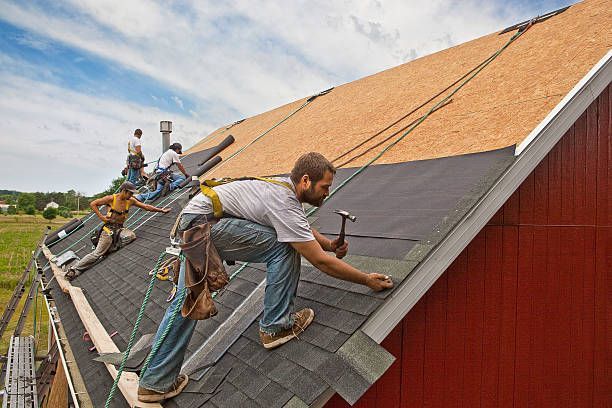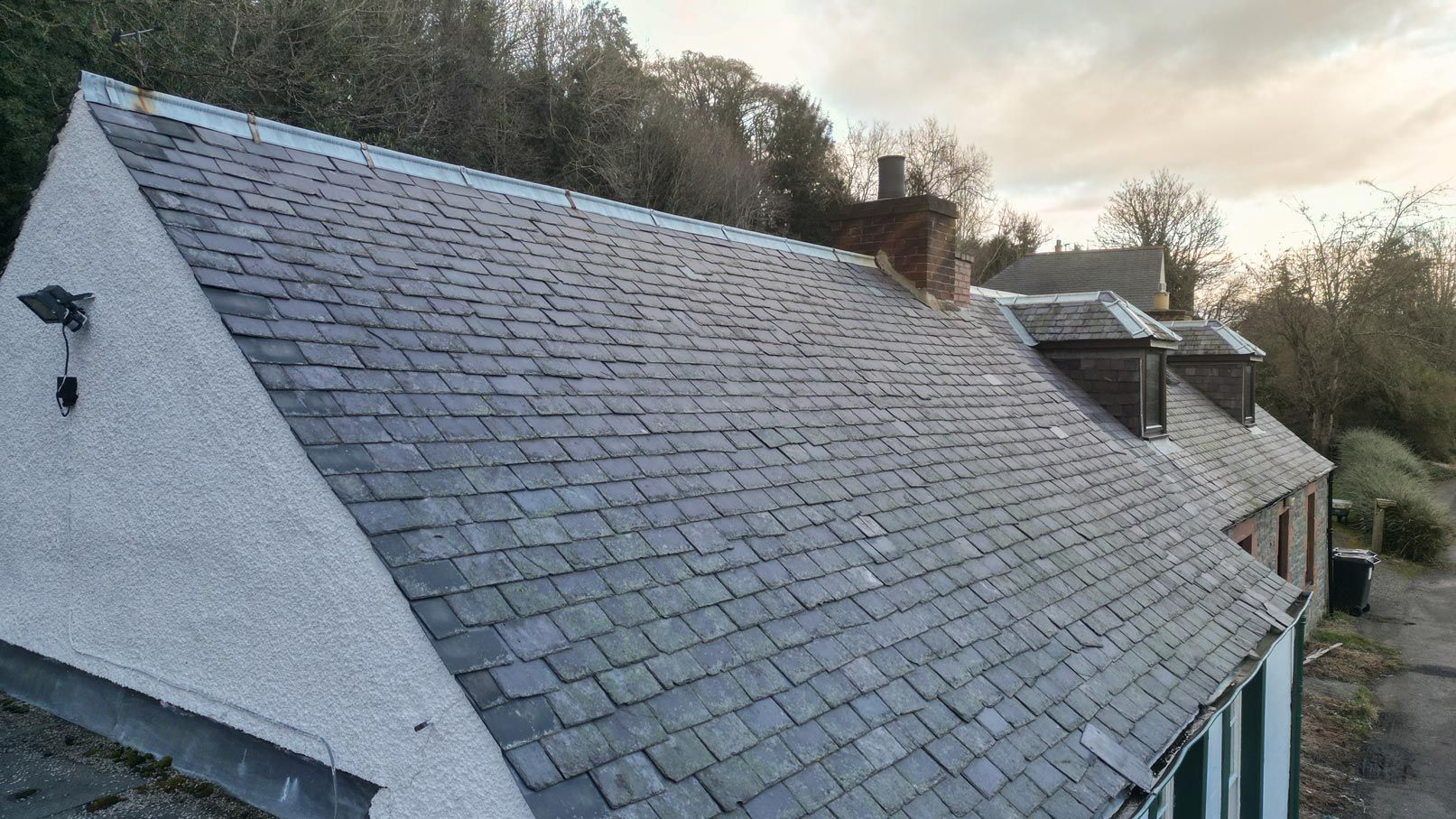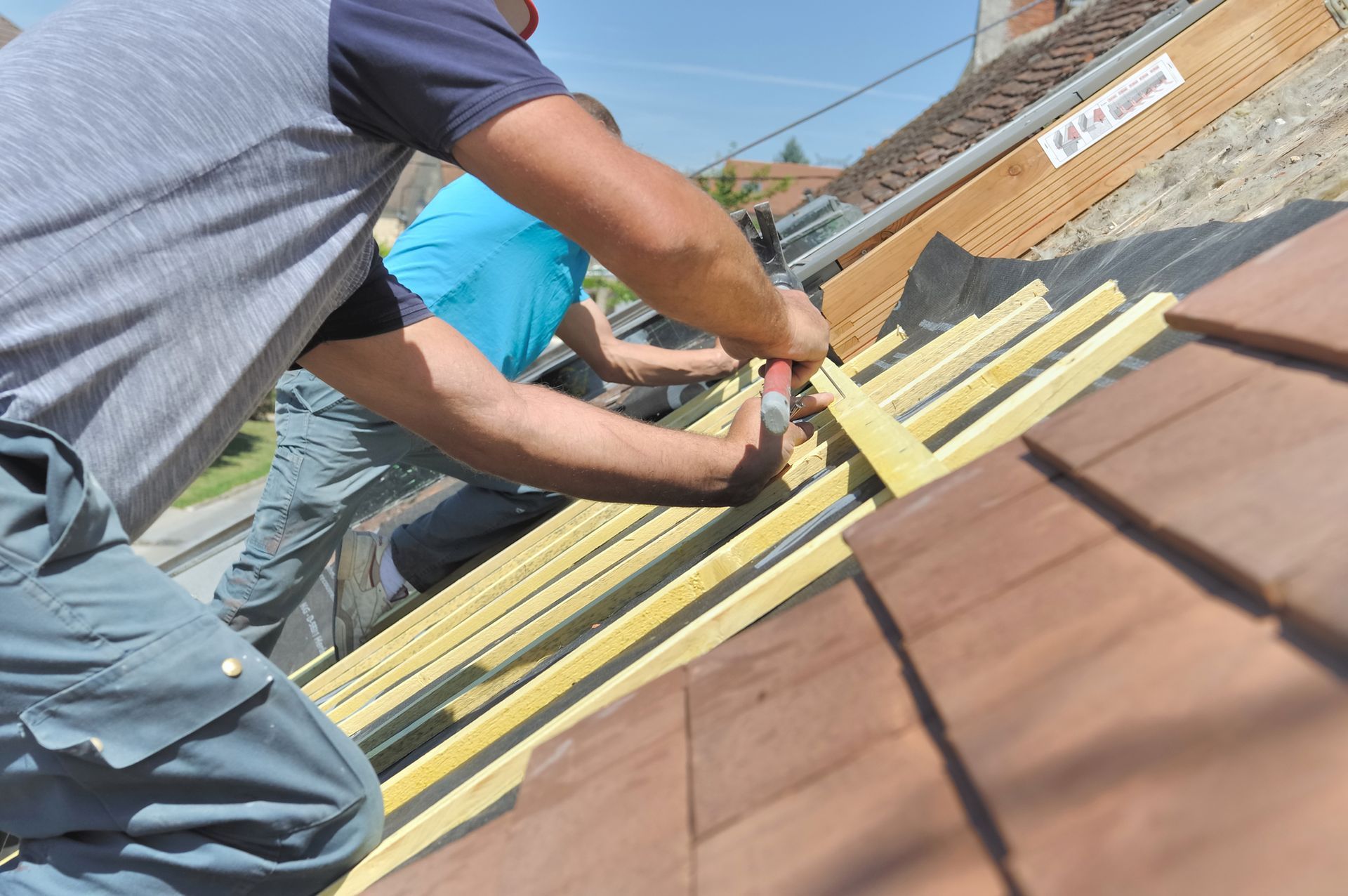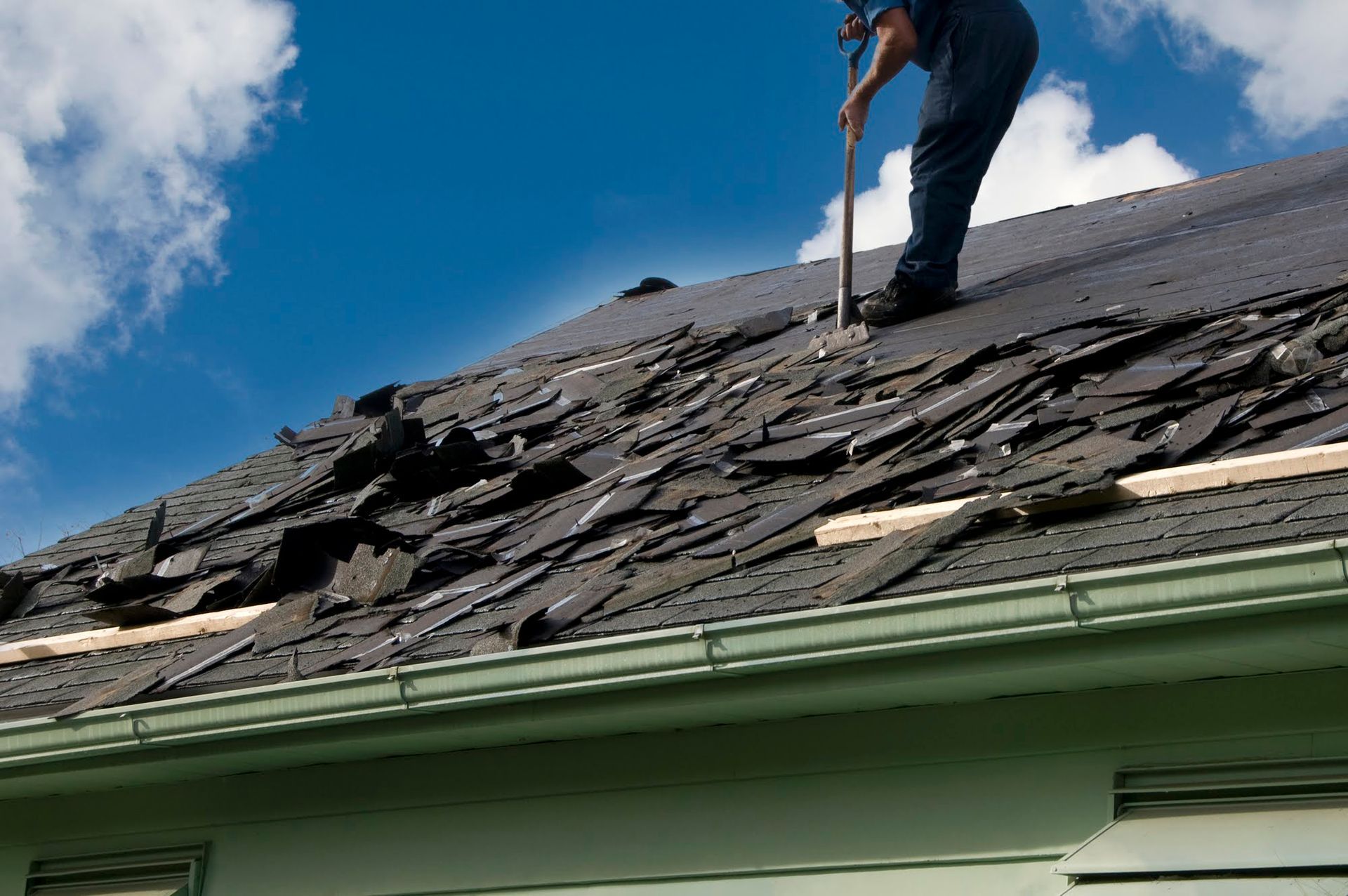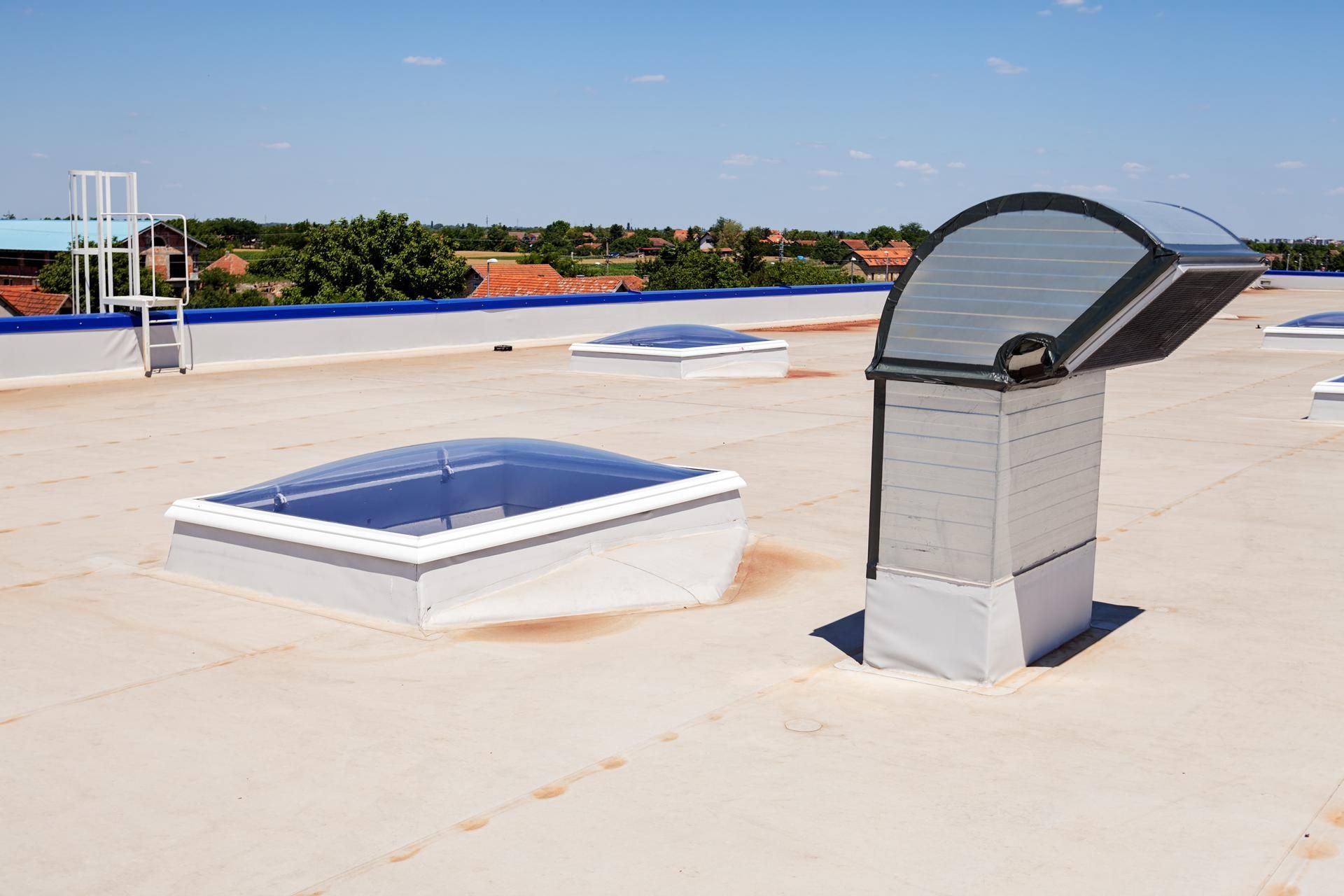5 Factors to Consider When Choosing Roofing Material
Your roof is an essential investment for your house. Choosing a suitable roofing material will help you reap its benefits to the fullest extent.
You will discover a plethora of roofing material options when shopping around. Materials include asphalt shingles, clay or concrete tiles, wood shakes, metal, and many more. Each material has its own merits that you should know before you make your decision.
You need to take into account the following key factors when you decide which material to use on your roof.
1. Roof Slope
Your roof design will affect the roof material you want to install. The roof and pitch are essential considerations because the roof slope automatically disqualifies some materials.
Roof materials have a pitch range in which they are most appropriate, especially when doing a re-roofing project. For instance, asphalt shingles and cedar shakes are ideal for high-pitched roofs. Metal is perfect for low-slope roofs and rubber for flat roofs.
With a new roof, you have more options. Still, installing the incorrect material on the wrong slope will compromise its performance. Other factors such as surface area and water drainage also come into play.
2. Durability
As with most home improvement projects, the quality of your roofing material is directly linked to its longevity. And the durability of roofing material is primarily attributed to how well it holds up to the elements. A long-lasting roof is better unless you want to sell your house in the short term.
An asphalt roll roof lasts the shortest at 5 to 10 years, while clay and slate tiles can last a century or more. Your choice of roof material will depend on your plan with the house.
3. Local Climate
Roofing materials react differently to humidity, precipitation, temperature, and wind. Some materials do best in dry climates and react poorly if exposed to daily rains. For instance, tiles are excellent materials for hot climates as they don't trap heat.
Other materials can stand up better to the expansion and contraction caused by summer and winter temperature spread. Roof insulation is vital for colder climates, while a reflective surface is more practical in hot areas.
At the end of the day, pick a material that can withstand your regional climatic conditions.
4. Energy Efficiency
Sustainability is the trend in construction today. Customers are aware of their environmental impact, and roofs are one of the best energy-saving avenues. When choosing a roofing material, consider the energy ratings.
Two factors that impact a roof's energy efficiency are solar reflectance and ventilation. Lighter colors manage energy better in a hot climate as they reflect heat better. Proper ventilation, similarly, is essential for heat dissipation from the attic. Metal roofs, for instance, are energy efficient because they keep your home cool in the summer.
Energy-efficient roofs pay for themselves. ENERGY STAR-certified roof can reduce your home's AC demand by 10 to 15%.
5. Cost and Budget
Your budget sets the tone, as with any home project. Durability generally influences the cost of materials, but it's not the only factor. Roofing material prices vary widely depending on quality, production cost, and brand. For instance, asphalt shingles are relatively inexpensive, while slate is pricey.
While doing your research, you also want to consider the labor costs and future maintenance requirements as these costs add up over time.
Your roof takes a beating while protecting you from heavy rains, heat, and other environmental factors. Select a suitable roofing material for optimal protection of your home and belongings. Having a roofer advise you can help you make the most informed decision.
If you want to know more about roofing materials or need help determining which option is best for you, don't hesitate to contact us at Alpha Roofing Services.



